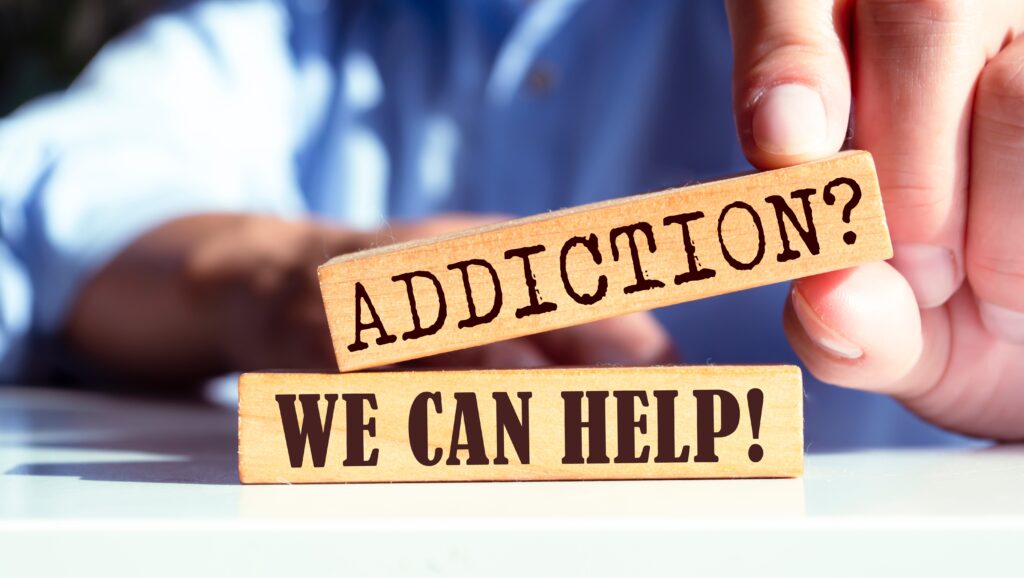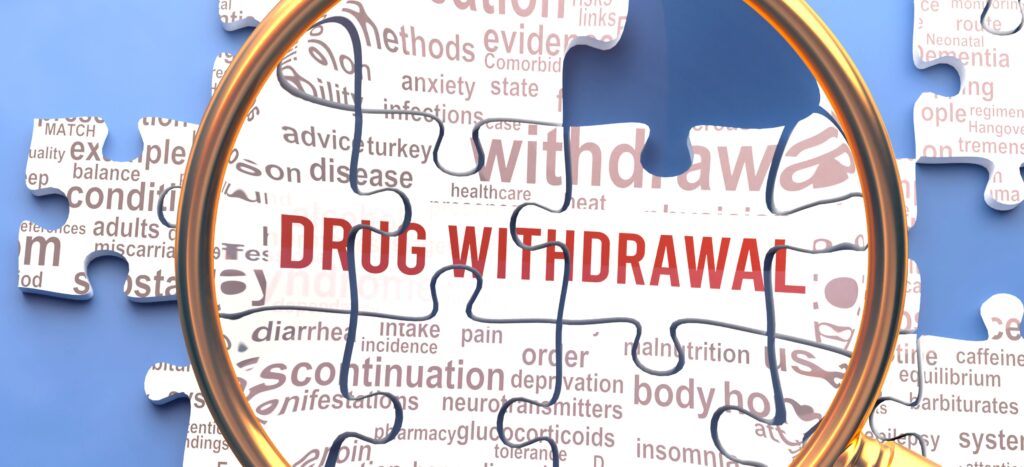Drug and alcohol detox is a crucial step in addiction treatment for pilots and other professionals. Detoxification is the process of eliminating the addictive substances from the body, and managing withdrawal symptoms that can occur when a person stops using these substances.
Here’s a general outline of what drug and alcohol detox for pilots might look like:
- Medical Assessment: Before beginning the detox process, a comprehensive medical assessment is performed. This assessment evaluates the pilot’s overall health and the severity of their addiction, which can help healthcare professionals create a tailored detox and treatment plan.
- Supervised Detox: Detox should always be supervised by medical professionals, as withdrawal from certain substances can be dangerous or even life-threatening without proper medical support. Supervised detox can ensure that the pilot is safe and as comfortable as possible throughout the process. This might take place in a dedicated detox facility, a treatment center, or a hospital.
- Medication-Assisted Treatment (MAT): Depending on the substance, medications may be used to manage withdrawal symptoms and cravings. For instance, in the case of alcohol addiction, medications such as benzodiazepines can be used to manage severe withdrawal symptoms, while drugs like naltrexone, acamprosate, and disulfiram can be used as part of ongoing treatment after detox. For opioid addiction, medications like buprenorphine or methadone might be used.
- Monitoring and Support: During detox, the pilot’s physical and mental health will be closely monitored. This can help prevent complications and ensure that the pilot gets the necessary medical and psychological support.
- Transition to Further Treatment: Detox is just the first step in addiction recovery. Once detox is complete, the pilot should transition to a comprehensive addiction treatment program, which might involve residential or outpatient treatment, therapy, support groups, and other services.
- Confidentiality: Throughout the detox and treatment process, the pilot’s privacy should be strictly protected. This can encourage pilots to seek help without fear of damaging their careers.
It’s important to note that detox should not be attempted alone, especially for substances like alcohol or benzodiazepines, where withdrawal can be dangerous. Pilots struggling with substance addiction should seek professional help.
Importance of privacy and confidentiality in detox for pilots
Privacy and confidentiality are key aspects of any medical treatment, and detox for pilots dealing with substance addiction is no exception. Below are some reasons why these elements are critical:
- Combatting Stigma: Despite increasing awareness, addiction still carries a significant societal stigma. This is particularly true for roles like aviation where there’s a high level of public trust. Ensuring privacy and confidentiality helps protect pilots from potential judgment and discrimination.
- Preserving Job Security: Many pilots fear that acknowledging a substance use problem might put their jobs at risk. Confidentiality in the detox process allows pilots to seek help without immediately threatening their employment. Programs such as the HIMS (Human Intervention Motivation Study) even facilitate pilots’ return to the cockpit after successful treatment and recovery, provided they can safely perform their duties.
- Licensing Concerns: Addiction can impact a pilot’s medical certification, essential for their ability to fly. Confidential detox and subsequent treatment provide a pathway for pilots to address their substance use issues without automatically jeopardizing their licenses.
- Encouraging Treatment: Assurances of privacy make pilots more likely to seek help, which is vital given the safety-sensitive nature of their jobs. The fear of exposure could otherwise lead to avoidance of treatment, potentially resulting in more severe addiction issues and increased risk.
- Enhancing Treatment Effectiveness: Detox and addiction treatment require honesty about substance use. Knowing that their information will remain confidential can help pilots be more open about their experiences, improving the effectiveness of treatment.
- Legal Protections: Medical confidentiality is usually protected by law. This legal framework ensures that pilots’ health information won’t be disclosed without their consent, except in cases where there might be a direct threat to public safety.
Thus, the importance of privacy and confidentiality in pilots’ detox and recovery process cannot be overstated. They are critical to addressing the issue responsibly and safely, ensuring the well-being of pilots and the safety of the flying public.








